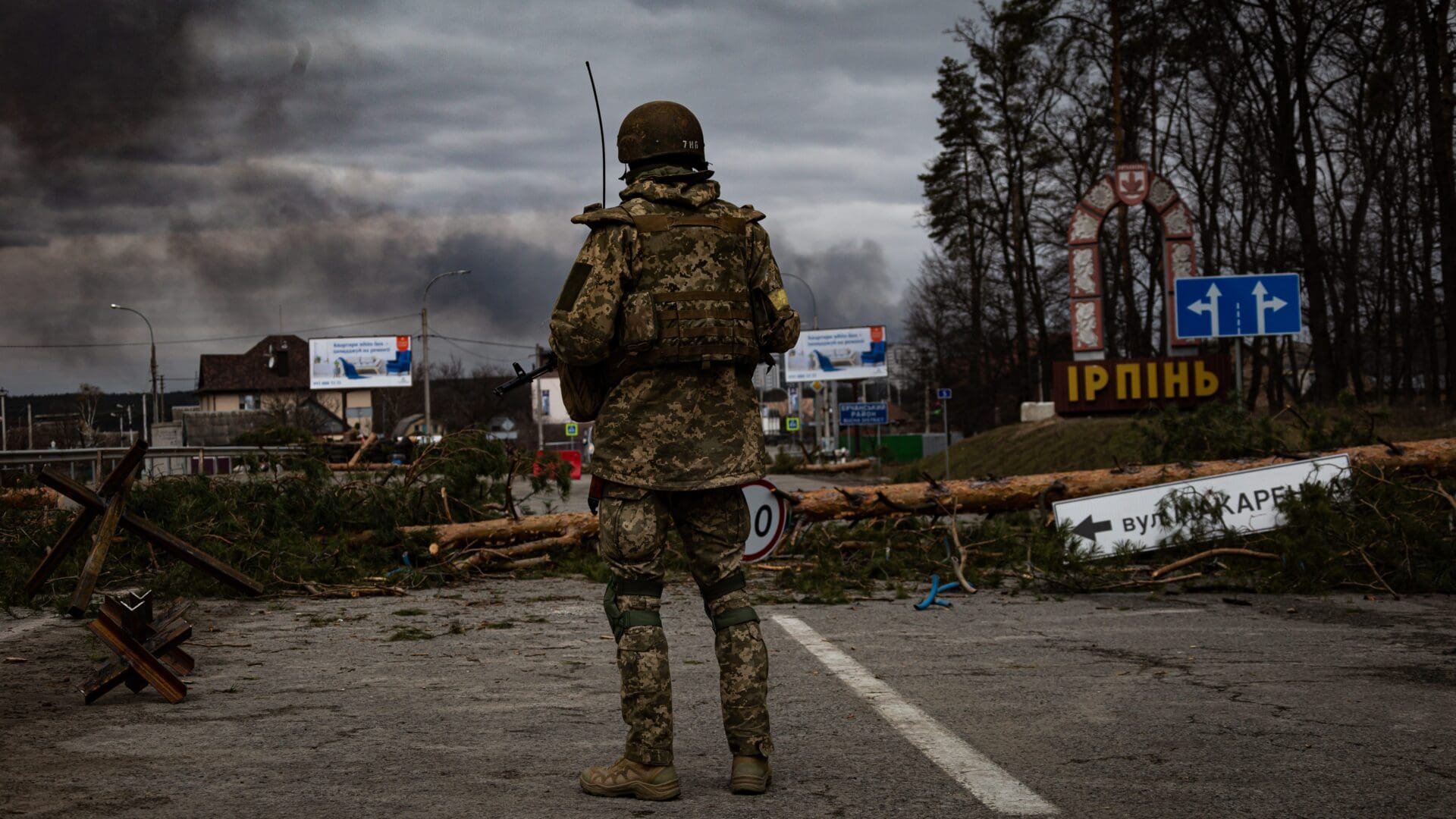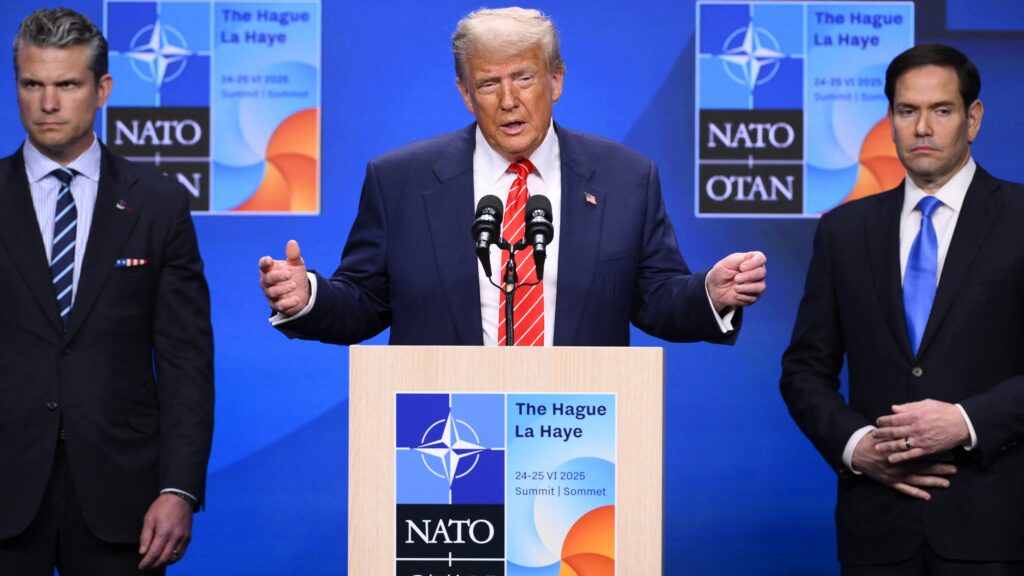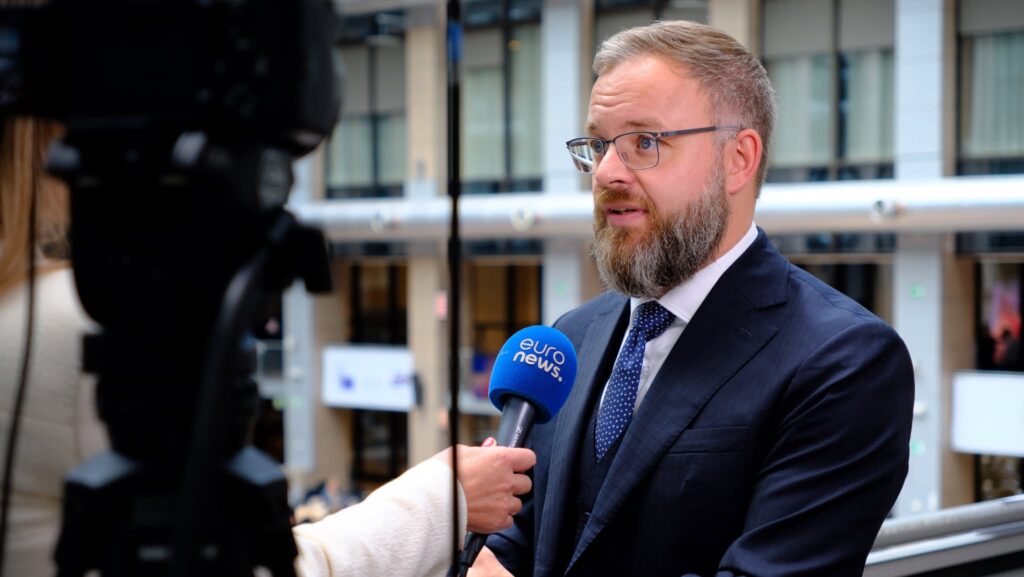Antecedents
A UN nuclear watchdog team visited the Zaporizhzhia nuclear plant at the start of September. The reason behind the mission was that due to the ongoing military activity around the facility the risk of a nuclear catastrophe has dramatically increased. IAEA Director General Rafael Grossi had been requesting access to the Zaporizhzhia plant for months, but the Russian forces that have controlled the power plant since the start of the six-month conflict had not been cooperative.
The Proposal
Plans of creating a security protection zone around Europe’s largest nuclear power plant in the south of Ukraine were unveiled by the UN nuclear watchdog on Monday. Rafael Mariano Grossi, the head of the International Atomic Energy Agency (IAEA), stated that the goal is to ‘keep things simple’. ‘Really, what we need here is for Russia and Ukraine to stop shelling or assaulting the plant.’
‘A pledge that no military attack would involve or will imply aiming at the plant or at a radius affecting its normal operation’ would be the creation of a security zone, Grossi said. he added: ‘We have our monitors, inspectors there that can inform whether this is being observed or not.’ The IAEA will make sure the security perimeter is obeyed. Russia and Ukraine are reportedly discussing the proposal, and according to Grossi, he has ‘seen signals that they are interested in this arrangement.’
Reaction
President of Ukraine Volodymyr Zelensky has chastised Grossi for not advocating for the plant’s complete demilitarisation more vehemently on numerous occasions.
‘I’m working within my authority. I cannot enter into areas that have to do with greater demilitarisation or transfer of troops,’ Grossi said during a press conference on Monday.
The Zaporizhzhia nuclear power station is still run by Ukrainian employees despite having been captured by Russian forces back in March, soon after the war had started. Although a backup power line that had been harmed by shelling has been repaired, the plant’s last operating reactor was shut down on Sunday. One ‘cannot continue without any external source of power… without harming a lot of parts, most notably the turbine blades,’ Grossi declared. ‘They also need power to run their cooling systems,’ he continued, citing agency information according to which Ukraine is making an effort to ‘keep the plant running’ by resuming external power supply. A missile strike on a reactor or the locations where spent nuclear material is housed ‘may have very devastating repercussions,’ the IAEA chief warned.
Other Countries Are Also Threatened
In an article published earlier this month, Hungarian Conservative has already looked at the extent of the threat the shelling of the plant poses. The gist of the matter is that if a nuclear catastrophe occurred at Zaporizhzhia, many European countries would be exposed to grave danger. For instance, the city is a mere 1,500 kilometres from Hungary, meaning that the aftermath of a disaster would be devastating here as well. It follows that every country that borders Ukraine should exercise caution and closely monitor developments in light of the Chernobyl disaster of 1986. On that occasion, radioactive clouds reached Hungary as well, but thanks to the weather conditions at the time, the country was exposed to relatively little radiation. (In true fashion, the Communist leadership only warned the population days after the catastrophe, seeing fit to hold the 1 May outdoor parades regardless. Only later did the authorities advise people to limit outdoor activities, keep their windows closed and stay away from recently picked fruit and vegetables.) Considering the size of the Zaporizhzhia facility, Hungarians would be far more negatively impacted in the event of a catastrophe.








